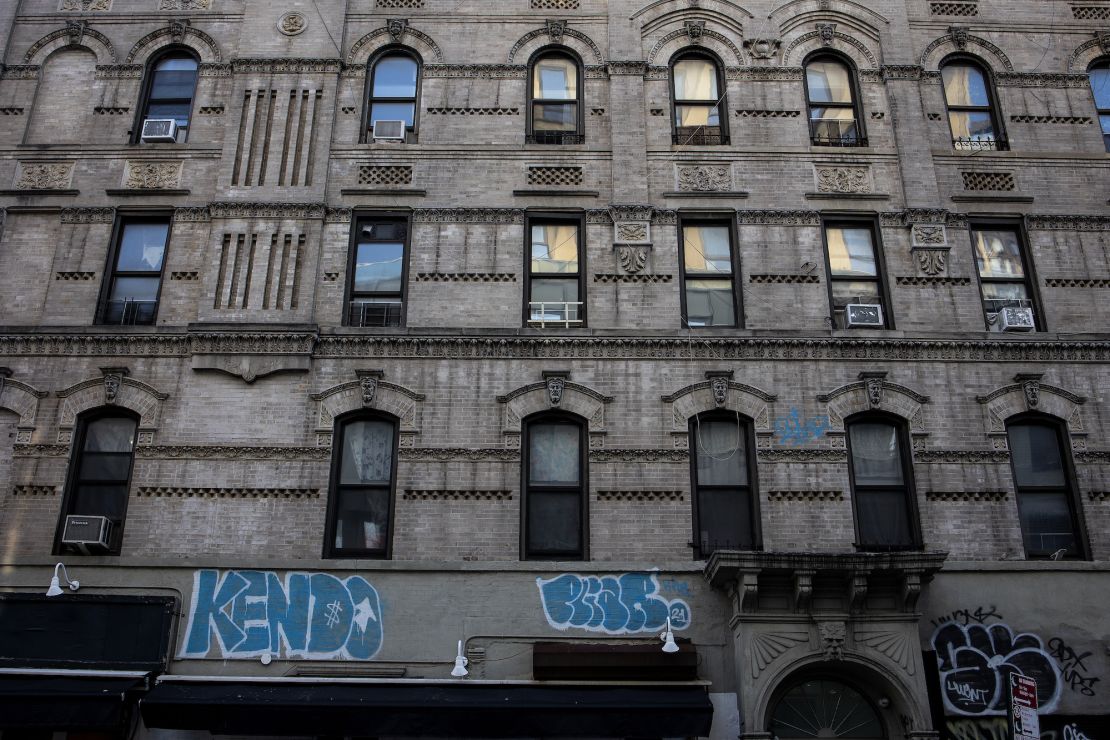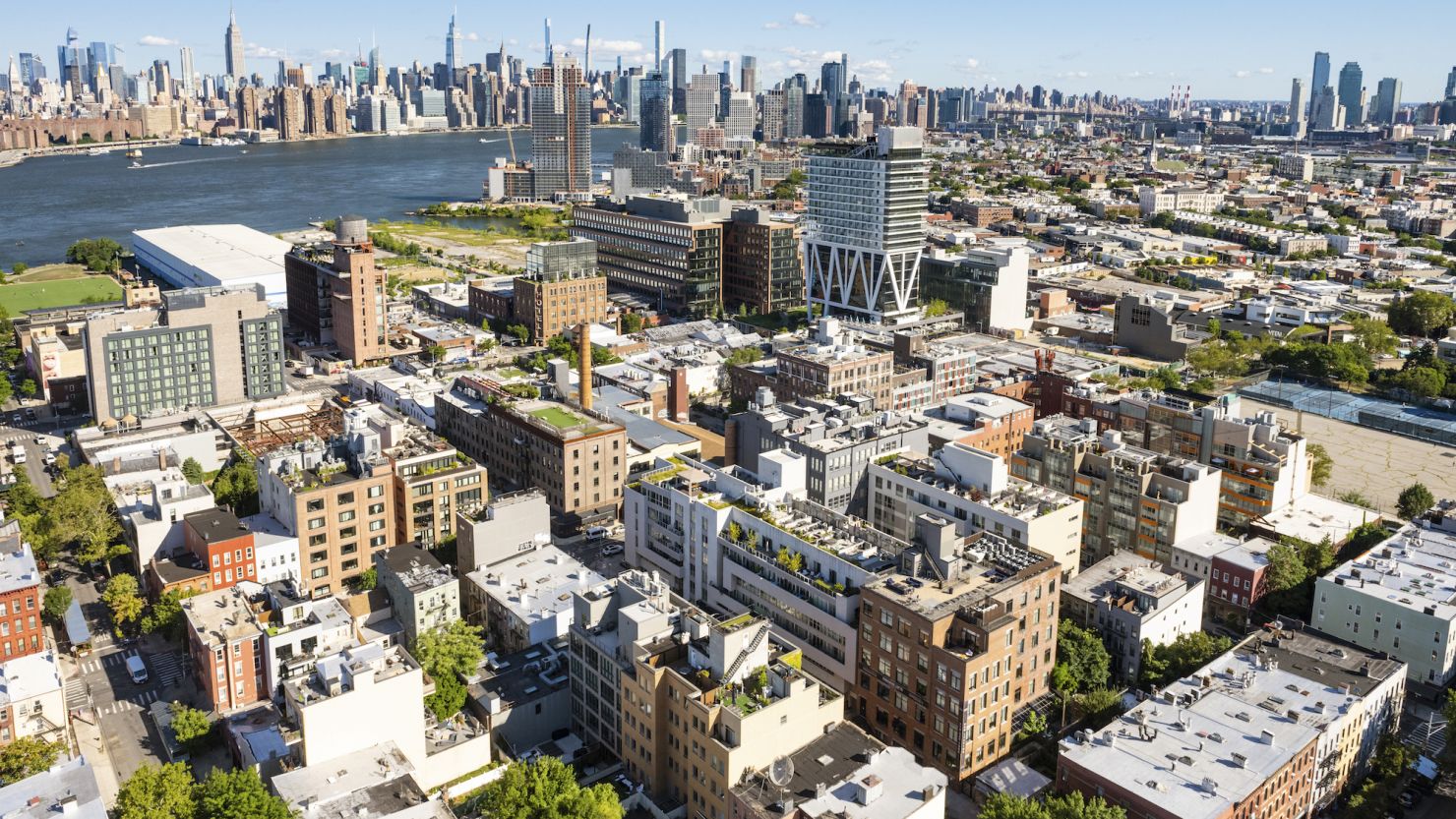Travelers looking to rent an apartment for a few days in New York City will find slimmer pickings now that city officials have started enforcing new rules cracking down on short-term rentals.
The rules, which are being enforced as of Tuesday, mean a whole lot of listings on sites such as Airbnb will no longer be available for stays of less than 30 days unless property owners have gone through the city’s application process and received approval in the form of an official registration number.
Airbnb has called the rules a “de facto ban” on short-term rentals (STRs) that will hurt hosts and the tourism economy. The city says it’s enforcing existing laws and protecting the health and safety of visitors as well as preventing housing from “being lost to the practice of illegal STRs,” according to official documents.
The requirements for approval are strict and follow laws that pre-date the new registration rules. Notably, “short-term rentals are only permitted if the host is staying in the same unit or apartment as the guests, and there are no more than two guests staying with the host,“ the city’s website says. This is true even if the host lives in or owns the building, to the consternation of some homeowners who rely on rental income.
“Registration creates a clear path for hosts who follow the City’s longstanding laws and protects travelers from illegal and unsafe accommodations, while ending the proliferation of illegal short-term rentals,” said Christian Klossner, executive director of NYC’s Office of Special Enforcement, in a statement.

The city has called illegal short-term rentals a “public nuisance” for many residents citing 11,934 complaints from 2017-2021 related to incidents such as late-night partying, excessive noise and crime. The health and safety of visitors is also at risk, the city has said, including from properties that lack fire safety features.
Airbnb and some local hosts filed separate lawsuits to block the city’s enforcement of the registration rules outlined in Local Law 18. Those suits were dismissed last month.
“New York City’s new short-term rental rules are a blow to its tourism economy and the thousands of New Yorkers and small businesses in the outer boroughs who rely on home sharing and tourism dollars to help make ends meet. The city is sending a clear message to millions of potential visitors who will now have fewer accommodation options when they visit New York City: you are not welcome,” Theo Yedinsky, global policy director for Airbnb, said in a statement.
Other property listing sites, such as vacation rental site Vrbo, will all be subject to the new rules. Expedia Group, which owns Vrbo, declined to comment.
Possible effects on tourism
A spokesperson for New York City Tourism + Conventions, the official marketing organization and convention and visitors bureau of the city’s five boroughs, said the claim that the rules will have a chilling effect on tourism is “speculative at this point.”
Yet Bjorn Hanson, clinical professor at the Jonathan M. Tisch Center of Hospitality at New York University, isn’t so sure.
Hanson said that long-term average hotel occupancy in New York City is between 80% and 85%, well above the national average between 62% and 67%. Hanson estimates Airbnb accounts for about 20% of the city’s active transient housing supply – larger than any single hotel company such as Marriott or Hilton and “a significant share of lodging inventory.”
“New York is among the cities with the highest number of turnaways, so with reduced inventory, there will be fewer visitors and visitor days able to find lodging accommodations,” Hanson told CNN Travel via email.
He predicts group travel could take a hit.
“Families traveling together, multigenerational travel, friends traveling together/getting together. As much as cost is a reason to use STRs, the nature of the lodging is as or more important for many: everyone staying together, kitchens, dining rooms, common areas, etc. That type of demand may be the most affected,” Hanson said.
Hanson suspects that some hosts will be looking for “loopholes,” possibly by listing properties for 30 days at significantly lower rates with the understanding that stays won’t last the full 30-day period.
Thousands of listings across various booking sites will be affected as the new registration rules are enforced. The city said that as of the end of the first quarter of 2023, nearly 11,000 listings citywide violated occupancy laws.
As of early last week, the city had granted registration approval to only about 260 applications out of more than 3,200, many of which were filed after the lawsuit was dismissed in August. Of the 3,200 applications, about 800 had been reviewed and more than half were returned to applicants for additional information or corrections, the city said.
Guidance for Airbnb guests going to NYC
So what should a guest who has an upcoming Airbnb booking in NYC expect?
Existing reservations with a check-in on or before December 1 “will not be canceled to mitigate impact on Hosts and guests,” Airbnb said. The company said it would refund Airbnb fees associated with those stays after check-in to comply with STR regulations. Local Law 18 prohibits booking platforms from processing transactions for unregistered listings.
Airbnb bookings will be canceled for existing reservations for stays that start on or after December 2, and guests will receive refunds.
On September 5, all Airbnb listings without registration numbers or exemptions will be converted to long-term stays of 30-days or more if the host’s calendar settings allow those lengthy stays. Otherwise, those listings will be deactivated.



